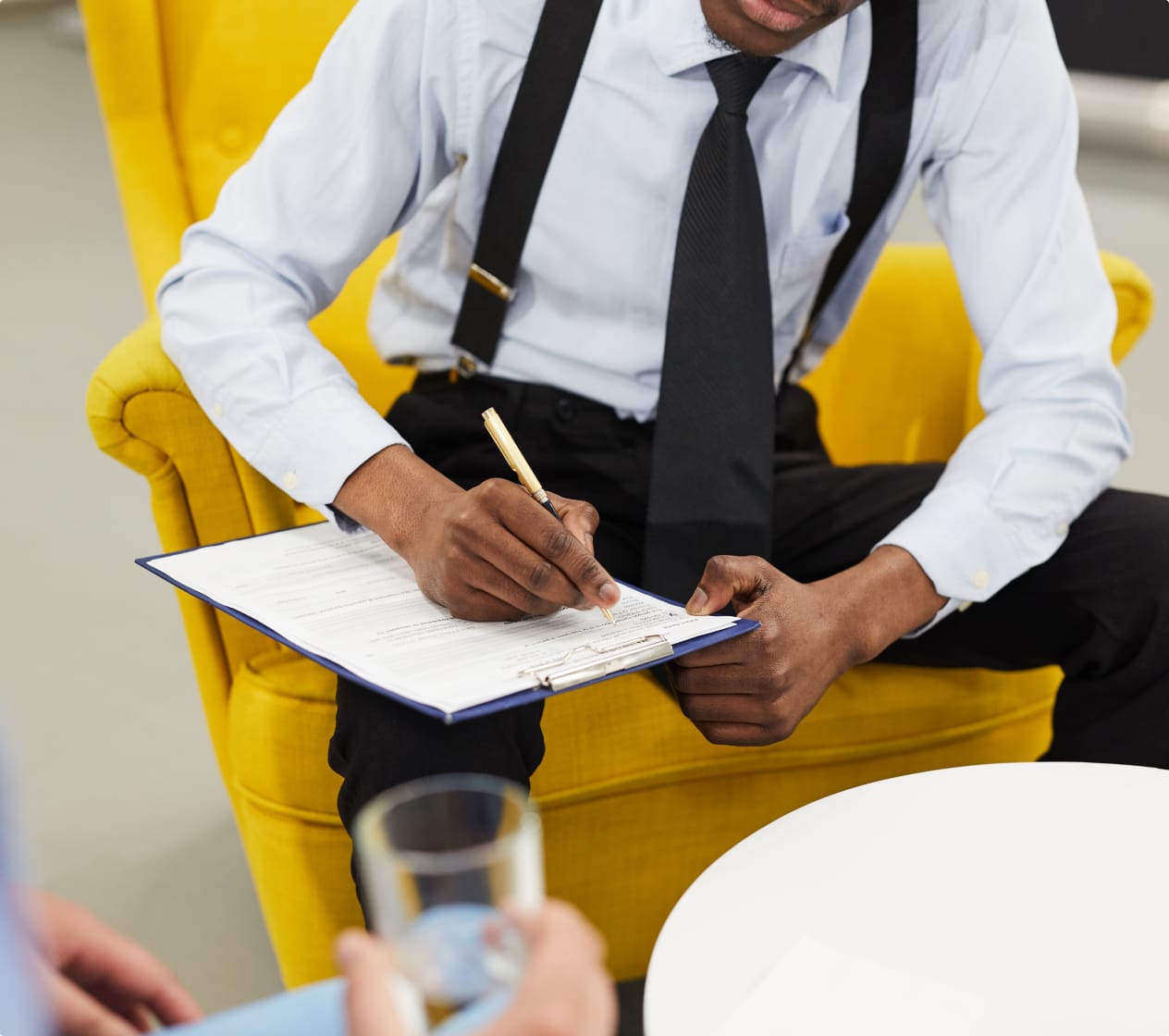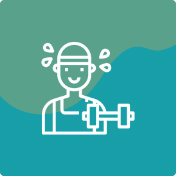Sports Psychologist

Personal Connection
- Do you want a career that will allow you to work with people to help them become the best versions of themselves—as atheletes?
- Do you want to work in sports but not as a professional athlete?
- Are you curious to learn more about not just psychology, but physiology?
- Do people come to you when they need advice or help getting through hard times?

Other Connections





STEM Connection
Virtual reality simulators allow psychologists to create environments that can challenge athletes and help them train their minds:
Eye tracking gives psychologists a unique window into the minds of athletes:
Brain computer interfaces can help athletes improve performance:
Neurophenomenology looks at the connection between neuron activity and physical experience:
Journeys to Becoming a Sports Psychologist
Ashley Eckermann is a sports psychologist with a bachelor’s degree in psychology and a masters in sports psychology. Her journey to becoming a sports psychologist started when she was just a child and watched her dad struggle with the difficulties of being an athlete. He was a golfer, and when he was on tour he would have trouble with self-doubt, emotional regulation, and staying focused. Ashley was too young to know how to help him at the time, but she learned then that what she wanted to do was help people like her dad believe in themselves.
Ashley also played several sports growing up, which helps her relate to the athletes she works with and gives her a perspective that those who haven’t competed might not be familiar with.
Read about another student’s path into a career in sports psychology:
Matthew Cunliffe is also a sports psychologist, and he uses cognitive behavioral therapy to help athletes overcome obstacles that affect performance. “Athletes, coaches, and team directors are starting to realize that the top six inches of the body matter just as much the rest,” says Matthew. He recognizes that while it’s important to understand those top six inches (the brain) as well as the rest (the body), it’s also vital to be able to relate to athletes on a personal level. “For any psychologist, it’s about building a relationship with the athlete.” Once that relationship is built, they can start training.
To help top athletes get in the zone and learn to work through anxiety, Matthew simulates the pressures that they would face and works with them to develop responses and strategies for dealing with those pressures. He also helps them develop pre-performance routines.